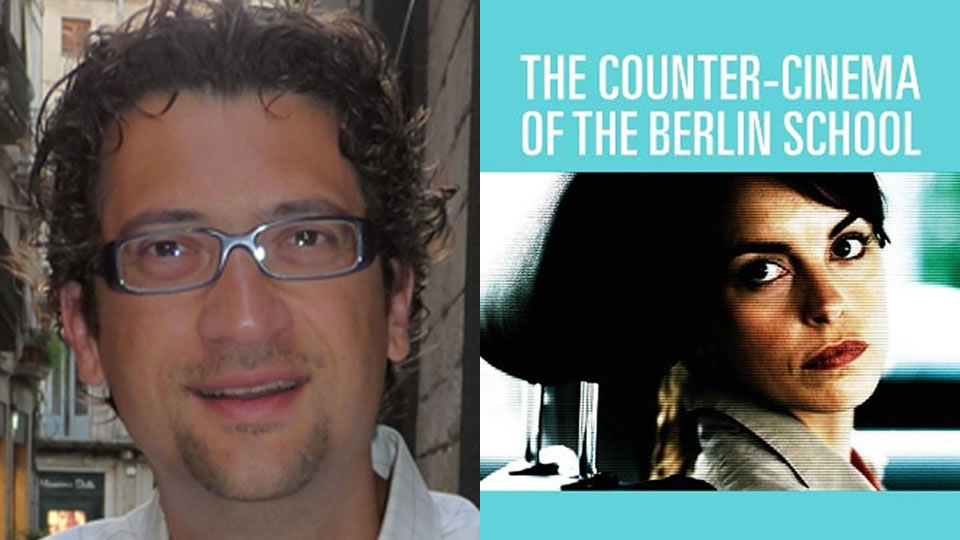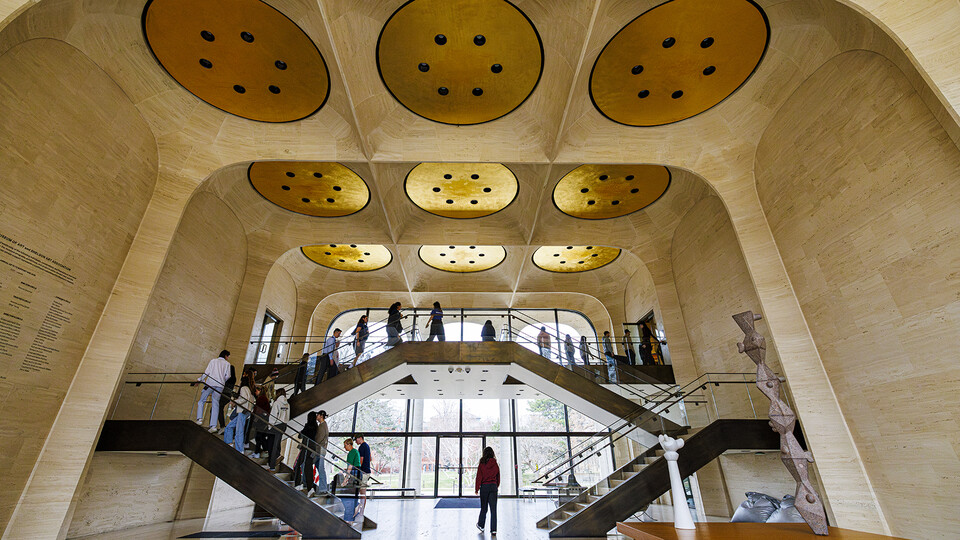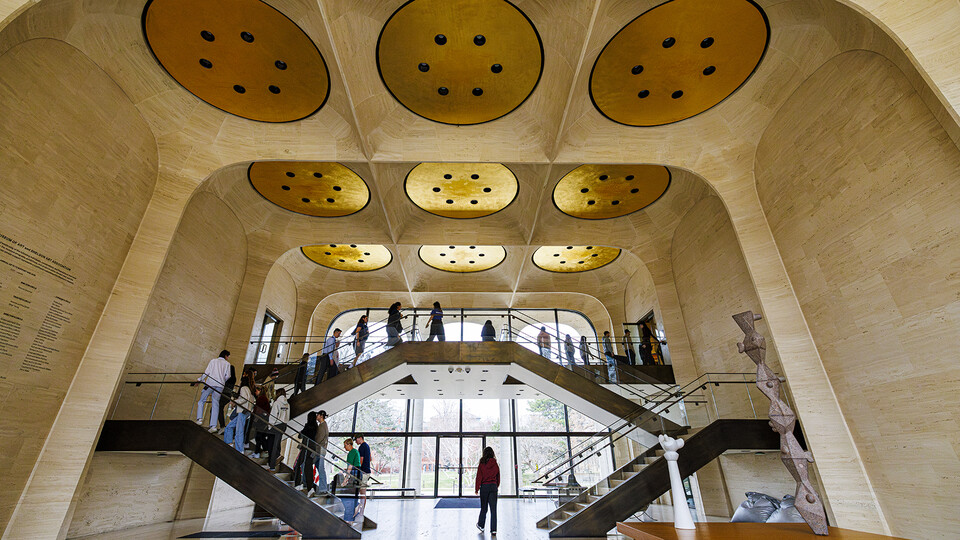
Marco Abel has spent the last decade of his career delving into contemporary German cinema, publishing numerous essays, journal articles and interviews with filmmakers of the so-called “Berlin School.” The culmination of these efforts was the release of his book, “The Counter-Cinema of the Berlin School,” which earned Abel the German Studies Association 2014 Book Prize.
The German Studies Association is the foremost body of German Scholars in the United States. A committee of German scholars selects one book for the prize each year. According the GSA website, the award is given to the best book in the fields of German-language literature, Germanistik, or culture studies (including such fields as art, architecture, film, media studies, music, musicology, etc.). Abel will receive the award in person at the GSA conference Sept. 19, where he will also be presenting a paper.
In the book, Abel, an associate professor of English and film studies and chair of the Department of English, examines the political role of a new wave of filmmakers in Germany and argues that the Berlin School films are a counter-cinema that depicts a German people that has not yet come to be.
“I argue that the filmmakers are actually taking account for the fact that, because of how unification was done, there is no constituted German people,” Abel said. “So they’re making, quite literally, films for a people that does not yet exist.
“The constitution that they have today is the constitution of West Germany, which continues to cause problems today, especially for East Germany. These films don’t thematize on this -- there is no dramatization of that -- but they are narratively and aesthetically organized as some sort of vision or attempt to appeal to some utopia, or a German people to come.”
The committee that chose the book hailed it as a definitive account of the newest wave of German cinema.
“The Counter-Cinema of the Berlin School has the makings of an instant classic,” the committee wrote in the award letter.
Abel grew up in Germany, but never intended to study German film because he didn’t consider German cinema very well crafted. That changed when a friend mailed him some films as a birthday gift in 2004.
“I was pleasantly surprised (by the films) and I was looking for a new film studies project,” Abel said.
Abel was also surprised to win the award, since it usually is won by books that explore German history or German literature. Since the award was announced, Abel has gotten an outpouring of positive messages about his book and the award.
“You can tell that people are quite happy about this award precisely because German film studies is doubly marginalized,” he said. “German films are really marginalized. Very few people in film studies write about German cinema and if they do, they write on the Nazi films, or the 1970s or 1920s, which are the famous moments in German film. And they are also marginalized in German studies because Germany is still fairly hung up on the distinction between high and low culture, with cinema being at most, popular culture.”
Abel was shocked and humbled to receive the award letter.
“Apparently I did a good enough job of framing my arguments that it gained traction,” he said. “I was really grateful and happy. It is a nice award and it’s a tremendous honor to have gotten it.”


